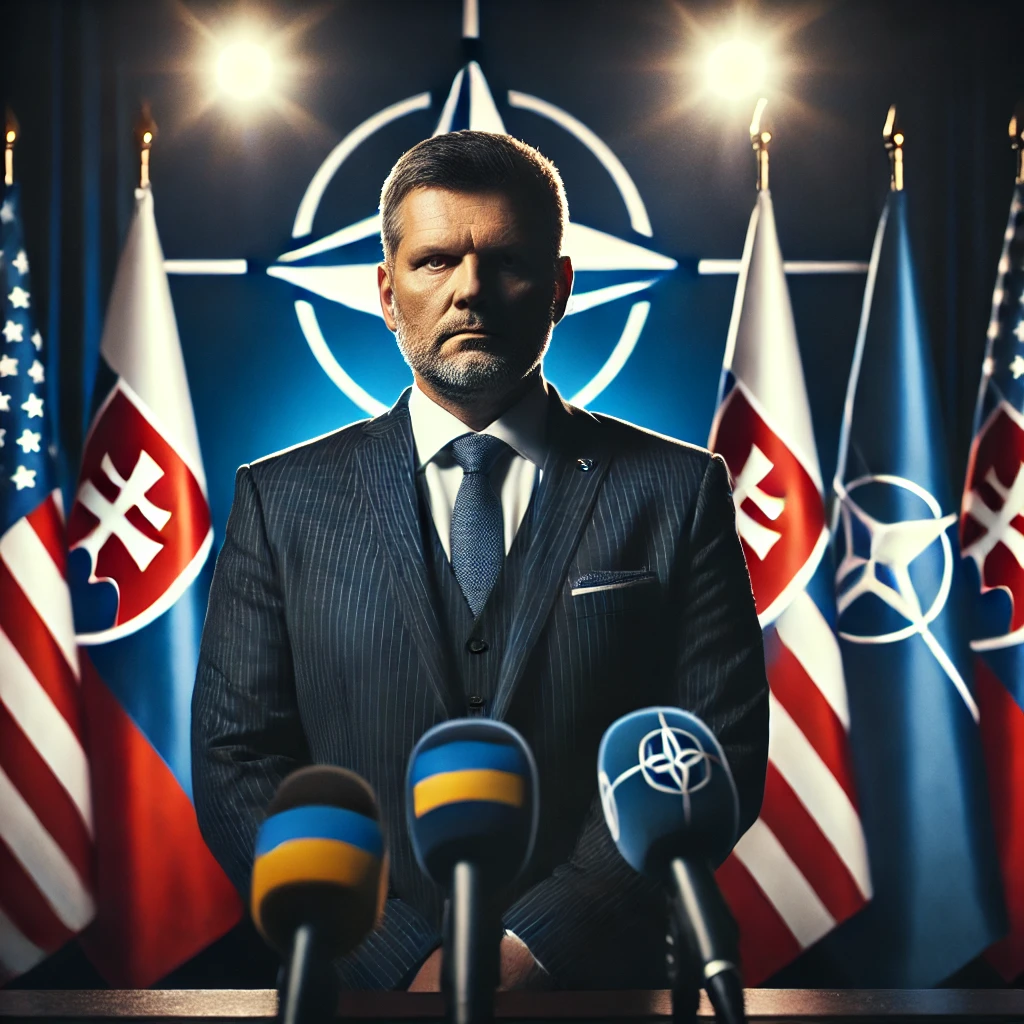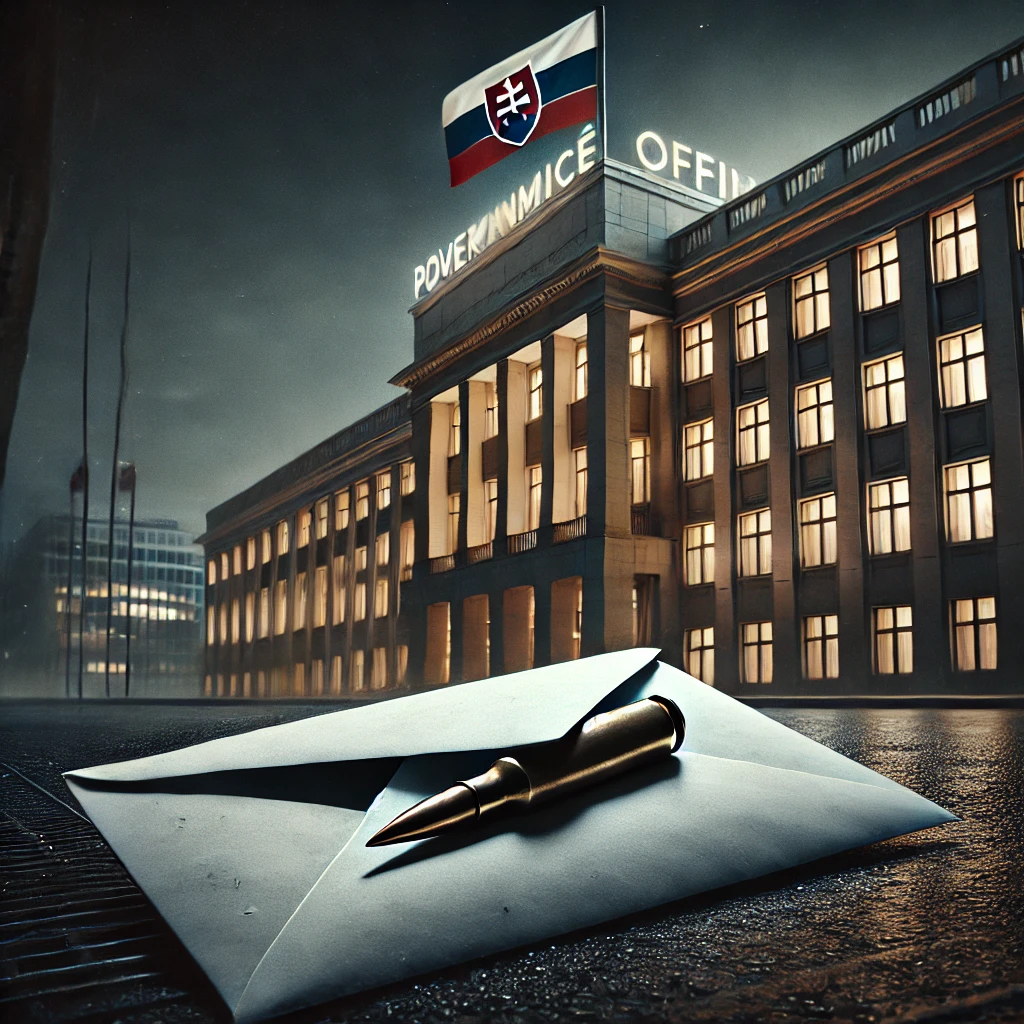Slovakian Prime Minister Robert Fico has made it clear that his government will not support Ukraine’s NATO membership and believes that Ukraine’s so-called victory plan is unrealistic. His statements, delivered during a television interview, mark a significant shift in Slovakia’s stance towards the ongoing conflict.
Slovakia’s New Approach: No Support for Ukraine’s NATO Membership
In a striking development, Slovak Prime Minister Robert Fico declared that his government would not endorse Ukraine’s NATO membership. This announcement underscores a divergence from the mainstream European position, where most nations have been supportive of Ukraine’s bid to join the military alliance. According to Fico, while Slovakia might not be able to prevent Ukraine’s NATO invitation, he made it clear that the matter would still be brought before the Slovak parliament for final approval.
Fico explicitly stated that, on behalf of his government and coalition parties, they would not support Ukraine’s membership bid. This position highlights Slovakia’s growing caution towards further escalating tensions with Russia, especially as the war in Ukraine continues to pose security and economic challenges to the region.
Zelensky’s Victory Plan Deemed Unrealistic
In addition to his stance on NATO membership, Fico also sharply criticised Ukrainian President Volodymyr Zelensky’s victory plan. The Prime Minister dismissed the plan as “unrealistic and unachievable,” pointing out that it relied heavily on Western military support, specifically in the form of medium- and short-range missiles to be used against Russia.
Fico explained that during the recent European Council summit, many European leaders reacted negatively when this plan was presented. He emphasised that this is why there was no mention of the victory plan in the summit’s final documents, as it failed to garner the necessary support from other European nations.
A Shift from Peace Plans to Victory Plans
Fico also expressed his concern over the shift from peace efforts to victory strategies. He argued that while previous discussions focused on finding diplomatic solutions, Zelensky’s latest proposals did not prioritise peace. Instead, they appeared to aim at continuing the military conflict, with further arms deliveries from the West as a central component. Fico was adamant that such an approach would only lead to further destabilisation of the region and prolong the suffering of both Ukrainian and Russian citizens.
The Slovak leader’s remarks reflect growing scepticism within some European quarters regarding the long-term viability of providing continuous military aid to Ukraine. Fico’s government appears to favour a more cautious and balanced approach, likely with an eye on maintaining regional stability and protecting Slovakia’s own national interests.
Broader Implications for European Politics
The decision to withhold support for Ukraine’s NATO aspirations could have broader implications for Slovakia’s relationships within Europe. Slovakia’s stance, diverging from the strong pro-Ukraine sentiment among EU and NATO members, may influence other countries that are wavering in their support for the war effort.
As Europe continues to grapple with the security challenges posed by the ongoing war, Fico’s announcement signals a possible shift in how smaller European nations might approach the conflict moving forward.
Slovakia’s Independent Stance
Slovakia, under Fico’s leadership, seems poised to follow a more independent path regarding its Ukraine policy. This new direction could lead to further discussions within NATO and the EU, where unity in supporting Ukraine has been a significant factor in the collective response to the conflict. However, Slovakia’s decision to take a step back from endorsing Ukraine’s NATO ambitions may encourage other nations to reconsider their positions as well, especially as the costs of supporting the war increase.
Fico’s critical stance on Zelensky’s victory plan also underscores the difficulties that Ukraine faces in rallying unanimous European support. Slovakia’s approach will likely continue to evolve as the conflict unfolds, but for now, the country remains firm in its decision not to support Ukraine’s NATO membership.

